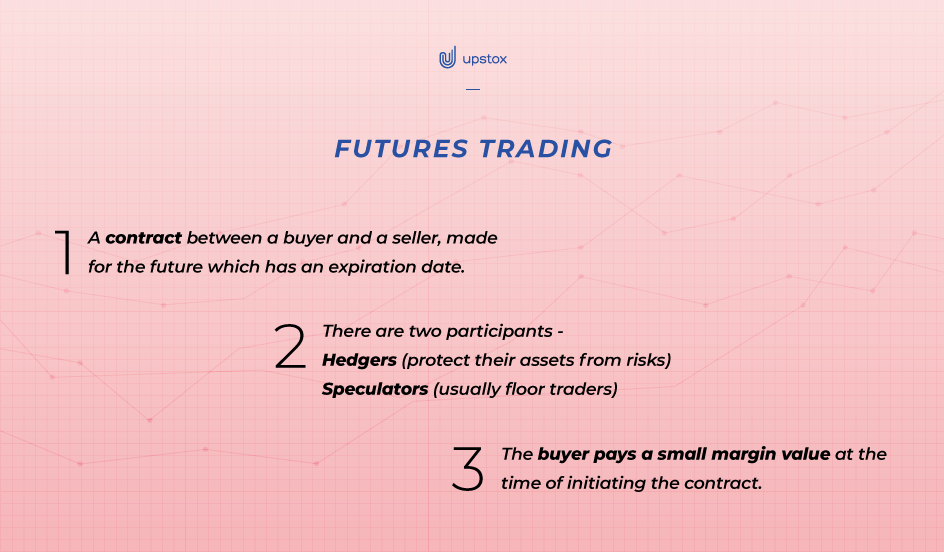Futures trading is an economic instrument which allows traders to speculate on the long run price movement of an asset. It's a favorite method utilized by investors to hedge risk or seek profits in several markets, including commodities, currencies, and financial instruments like stocks and indices. Here's all you could need to know about take profit trader:
What're Futures Contracts?
A futures contract is just a legally binding agreement to buy or sell a particular asset at a predetermined price on a specified future date. These contracts are standardized and traded on organized exchanges, like the Chicago Mercantile Exchange (CME) or the Intercontinental Exchange (ICE). Each futures contract represents a specific quantity and quality of the underlying asset.

How Futures Trading Works
In futures trading, buyers (long positions) and sellers (short positions) enter into contracts with each other. Long positions anticipate that the buying price of the asset will rise, while short positions expect it to fall. The profit or loss is decided by the difference involving the contract price and the actual price of the asset during the time of contract expiry.
Key Players in Futures Trading
Speculators: Individuals or institutions who try to profit from price fluctuations without planning to take delivery of the underlying asset.
Hedgers: Traders who use futures contracts to offset the risk of adverse price movements within their portfolios. As an example, a player may hedge against the risk of falling crop prices by selling futures contracts.
Market Makers: Entities that provide liquidity by continuously quoting bid and ask prices, facilitating smooth trading.
Advantages of Futures Trading
Leverage: Futures trading allows investors to manage a large position with a comparatively small amount of capital, magnifying potential returns.
Hedging: Investors can protect their portfolios from adverse price movements by taking opposite positions in futures contracts.
Diverse Opportunities: Futures markets cover a wide range of assets, providing ample opportunities for traders to diversify their portfolios.
Risks of Futures Trading
Leverage Risk: While leverage can amplify gains, additionally, it escalates the potential for significant losses.
Market Risk: Futures prices are influenced by various factors, including supply and demand dynamics, geopolitical events, and economic indicators, making them inherently volatile.
Counterparty Risk: There's a risk that the counterparty to the futures contract may default on the obligations, although this risk is mitigated by the clearinghouse mechanism on exchanges.
:max_bytes(150000):strip_icc()/Futures_final-1113dde1485f4dc9ab4a8c0efc427700.png)
Conclusion
Futures trading offers numerous opportunities for investors seeking experience of different asset classes. However, it's essential to know the risks involved and have an audio trading strategy in place. Whether you're a speculator looking to make money from price movements or perhaps a hedger seeking to mitigate risk, futures trading can be a valuable tool in your investment arsenal.
